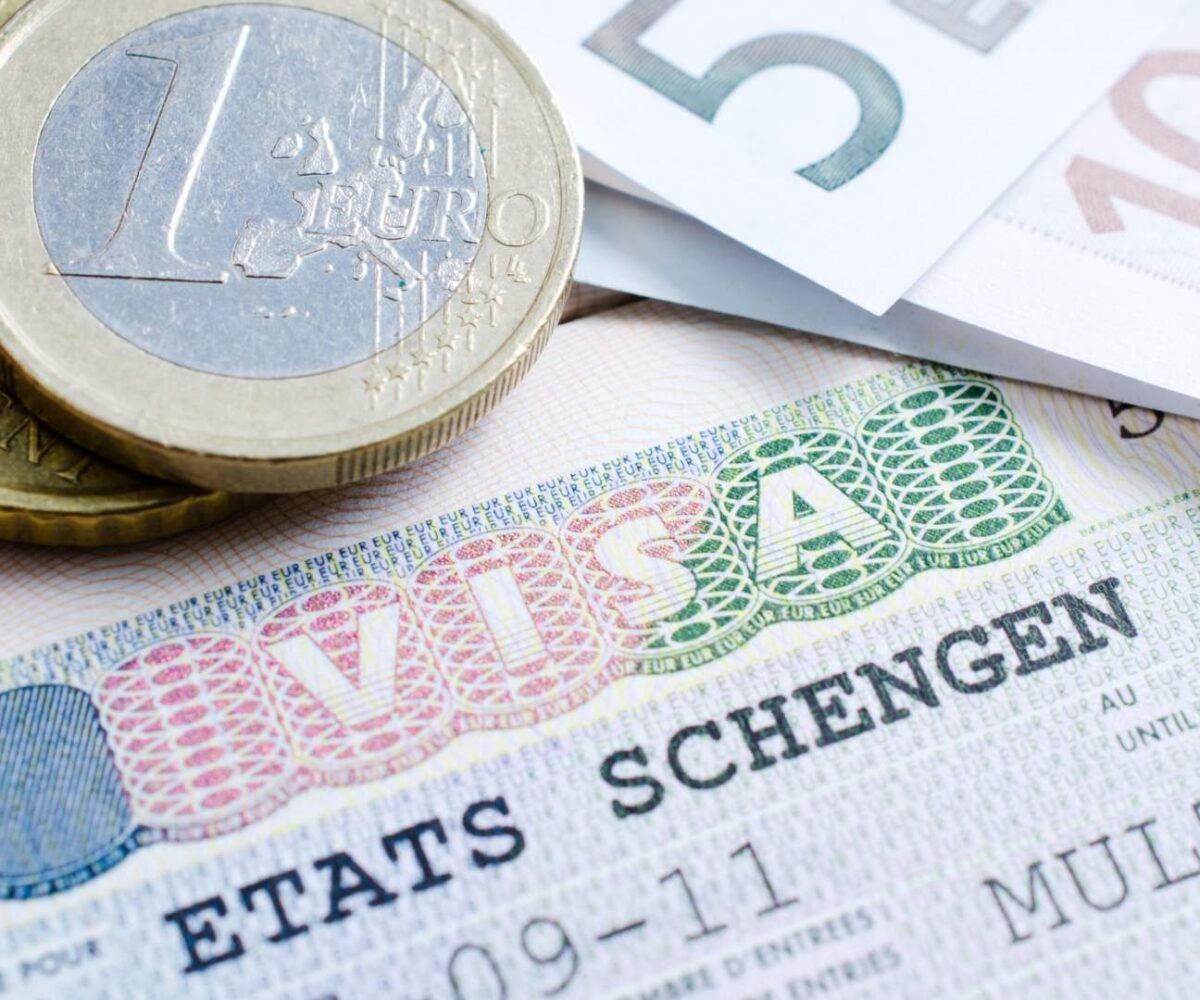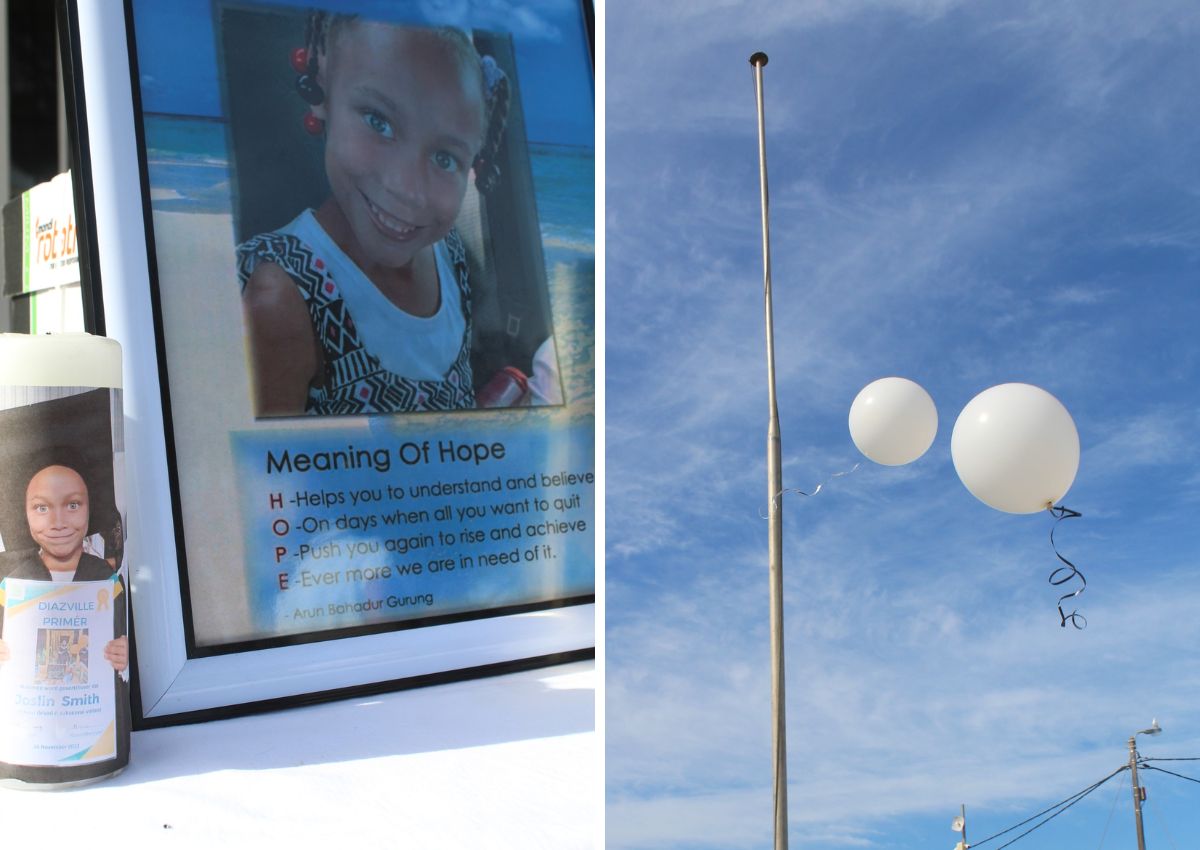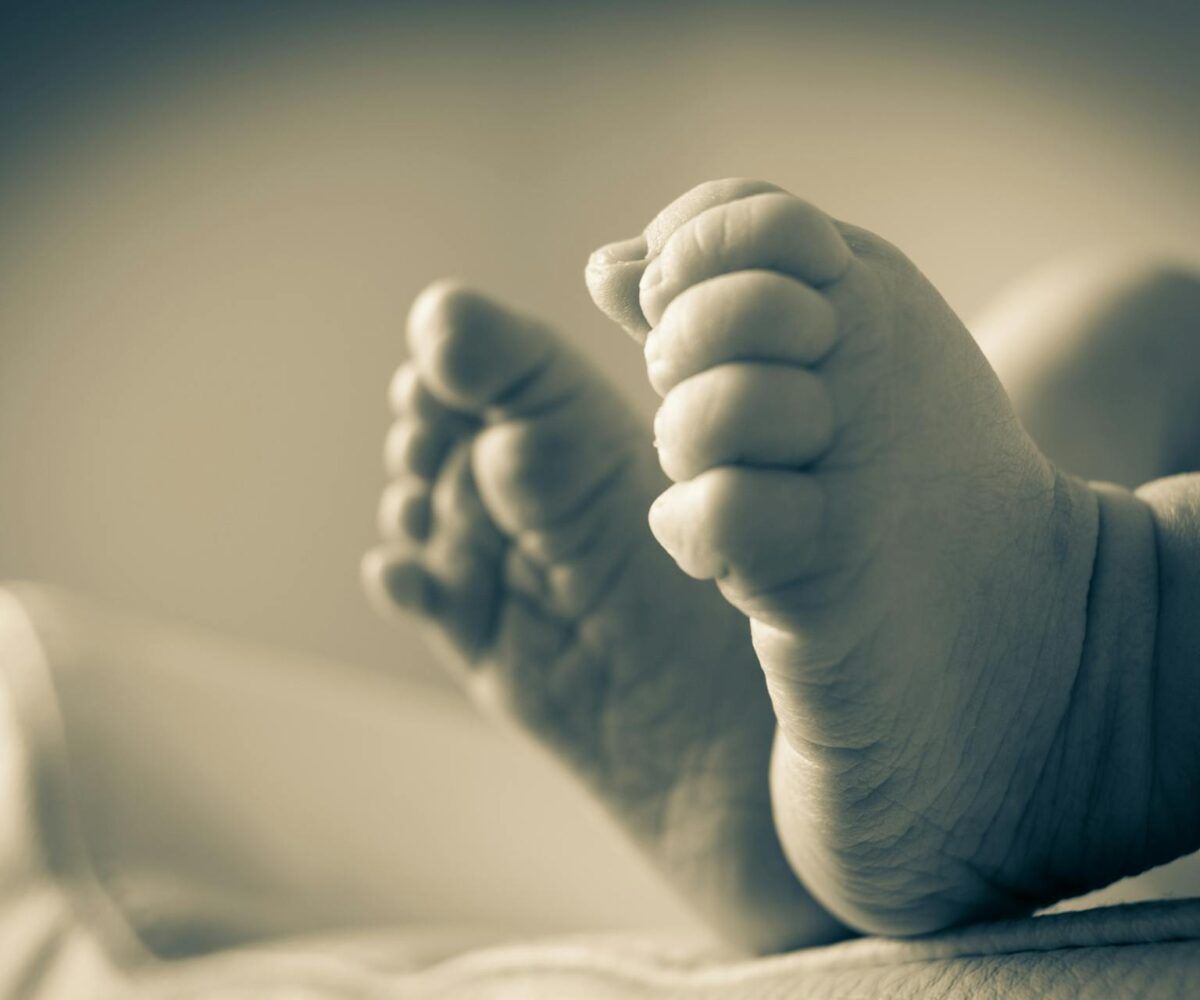A proposal to increase South Africa’s minimum wage, particularly for domestic workers, has been strongly condemned by the Institute of Race Relations (IRR), citing hundreds of thousands of job losses over the years.
According to government, the National Minimum Wage (NMW) Commission has made its annual proposal to increase the figure by analysing the Consumer Price Index (CPI), which measures inflation.
Last year, employees living on the breadline received an 8.5% pay hike of R27,58 per hour.
MINIMUM WAGE PROPOSAL: HOW MUCH TO EXPECT?
In December, the NMW commission – which included experts of the labour market and employment conditions – announced its proposal to increase the minimum wage in 2025 according to the CPI with an additional 1.5% hike.
At the time, the CPI – which measures inflation, ie, costs of foods and services – stood at 2,9%.
As of 2024, the national minimum wage – the benchmark for domestic workers in SA – is R27.58 per hour. The wage increased from R25,42 per hour as implemented in 2023.
This adjustment will raise the hourly minimum wage from R27.58 to R28.79.For a full-time worker, this equates to a monthly income of R5 182.20 from last year’s R4 412,80.
According to a statement, the Minister of Labour and Employment, Nomakhosazana Meth, will announce the confirmed increase in February. The figure will take effect from 1 March 2025.�
CALLS TO CAN THE INCREASE OVER JOB LOSS
According to the Institute of Race Relations (IRR), the proposed national minimum wage increase is likely to impact the job market negatively.
In a statement, the organisation – which advocates for a “free, fair, and prospering South Africa” – claimed that the wage increase had led to a loss of nearly half a million in the past five years.
IRR is calling for the NMW Commission to “reverse its latest recommendation.”
In the report accompanying its latest recommendation, the NMW Commission does not bother to note how many people are estimated to have lost employment opportunities, including those who had jobs but lost them, as well as work seekers blocked from finding jobs due to the minimum wage.
The IRR references the Development Policy Research Unit (DPRU), which found that 4.8% to 8.1% of low-wage workers have been rendered jobless by the NMW since 2019. This excludes the significant repercussions of the Covid-19 lockdown.
The IRR has urged the NMW Commission to “heed common sense and the dismal record of mass job destruction” by “reducing the national minimum wage by 25% to bring back up to half a million jobs”.
‘INADEQUATE’, SAYS SAFTU
Meanwhile, the South African Federation of Trade Unions (SAFTU) has hailed the NMW Commission’s proposal for the 2025 national minimum wage increase as “inadequate.”
The organisation said: “While SAFTU supports the principle of a national minimum wage, we have consistently maintained that the current wage levels are inadequate to sustain workers and their families.
“The cost of essential goods and services continues to rise, necessitating wages that reflect the actual cost of living.”
It added: “The NMW Commission’s proposed increase is woefully inadequate even without factoring in rent, transport, or other essential expenses.”
In place of a national minimum wage, SAFTU is proposing a “living wage,” which they estimate to be around R15 000 per month.
WHAT ARE YOUR THOUGHTS ON THE NATIONAL MINIMUM WAGE PROPOSAL?
Let us know by clicking on the comment tab below this article or by emailinginfo@thesouthafrican.com or sending a WhatsApp to060 011 021 1
You can also follow@TheSAnews on X andThe South African on Facebook for the latest news.













